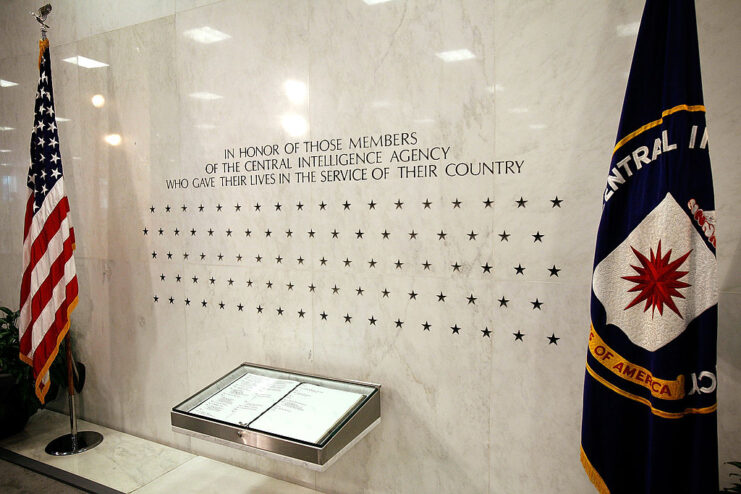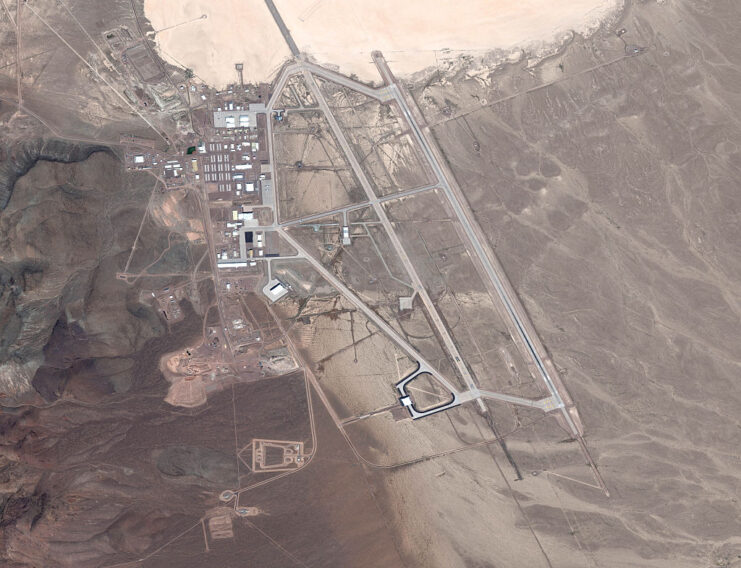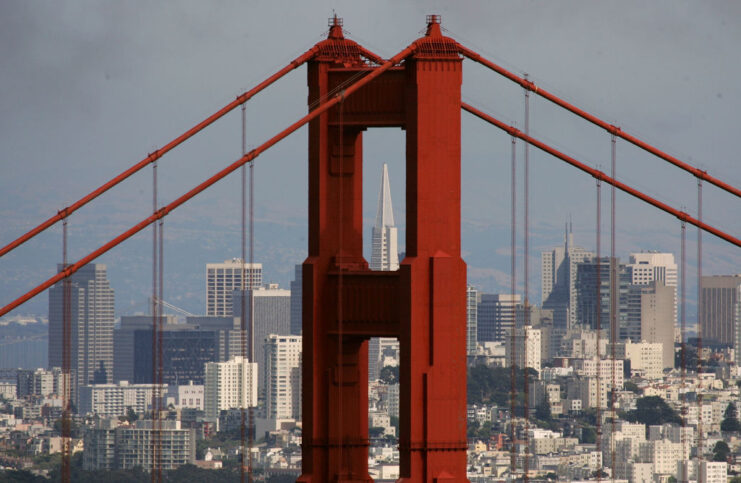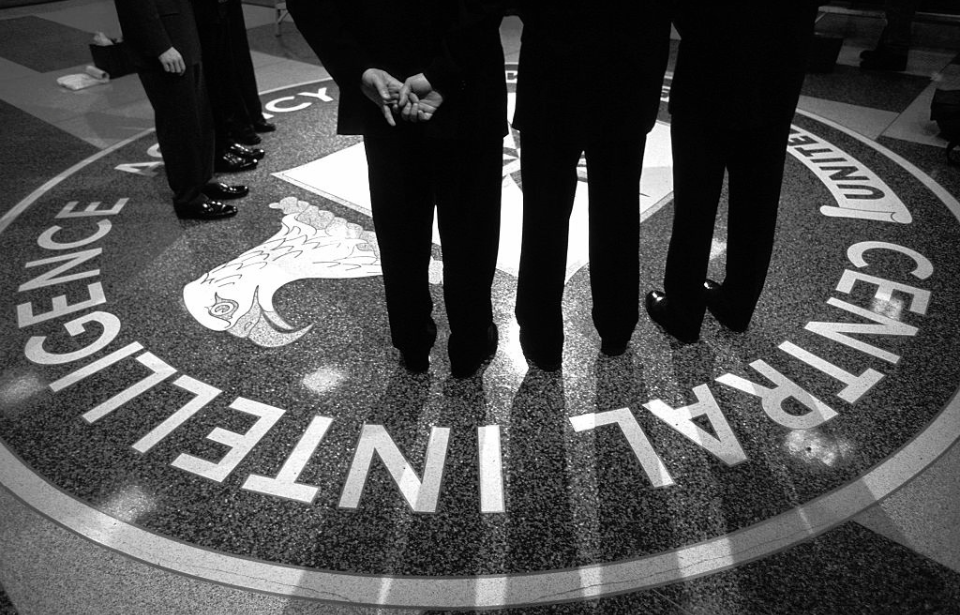Given the CIA’s focus on secrecy, it’s unsurprising the average person knows very little about the agency’s activities – often less than we think. Founded in 1947, the Central Intelligence Agency has remained shrouded in mystery, a testament to its agents’ expertise in keeping information confidential. Nevertheless, leaks and whistleblowers have shed light on quite a few operations.
Here’s a glimpse into some of the CIA’s secret activities.
The CIA spent $20 million on Operation Acoustic Kitty

In the 1960s, the CIA embarked on a bizarre mission: using cats to eavesdrop on important conversations. Yes, you read that right, cats. To be fair, it was just one feline before the operation was abandoned, but that doesn’t make the idea any less odd.
In a procedure lasting an hour, the CIA surgically implanted a microphone, transmitter and antenna wire inside the cat, aiming to have it carry out its mission without raising suspicion. However, the project encountered problems, primarily related to the animal’s training – or, rather, the lack of it. The feline frequently ignored its mission, preferring to follow its own instincts instead.
Known as Operation Acoustic Kitty, the project was finally canceled in 1967, but not before the CIA had sunk $20 million into discovering what everyone else already knew: cats will always do as they please.
Agents’ names are kept on a secret memorial

Many might not know that the CIA has a memorial honoring agents who’ve been lost in the line of duty. Located at the agency’s headquarters in Langley, Virginia, each member is represented by a star, with one added for every death. Presently, there are 140 lining the memorial.
Interestingly, many of these symbols aren’t accompanied by a name, to maintain the operator’s secrecy even after they’ve passed.
Using popular music for… torture?

The CIA and its agents are certainly no strangers to weird and controversial activities related to torture. Out of the methods we know about, the strangest is arguably the use of popular music. What’s more, it’s not just one type of music that’s used.
According to a report dubbed Out of the Darkness, songs by Irish pop group Westlife was used to torture a man at a “black site.” Another report, this time by Human Rights Watch, also detailed the use of songs by rappers Eminem and Dr. Dre, with it having also been reported that music from the Red Hot Chili Peppers has also been played.
The latter’s music features heavy guitar riffs, which are said to cause distress among those held captive.
Is the CIA to blame for the Unabomber?

Ted Kaczynski, infamously known as the Unabomber, is one of America’s most notorious criminals. Throughout the 1970s and ’80s, he sent homemade explosive devices across the country, instilling fear and unease until his capture in the ’90s.
Interestingly, Kaczynski participated in a CIA-funded study during his second year at Harvard. In it, undergraduate students were asked to lay out their personal beliefs and write essays. These were then reviewed and criticized by an anonymous evaluator while the participants’ physiological responses were monitored.
David Kaczynski, Ted’s brother, has speculated that this experience might have had some influence on his criminal behavior.
The CIA only confirmed Area 51’s existence in 2013

The legendary secret military base known as Area 51 has been a hot topic within conspiracy theory circles for decades, but did you know it wasn’t officially acknowledged until 2013. Many believed the base to be America’s main site for the analysis and storage of extra-terrestrial beings and technology.
To the dismay of many around the world, the official acknowledgment stated the site was simply a testing area for secret military aircraft and aerial vehicles. In 2019, the CIA may have regretted confirming its existence when a group of more than two million people jokingly planned to Naruto-run into the base and save the aliens inside, causing a national security frenzy.
The CIA may have hired Saddam Hussein

Some believe the CIA hired Saddam Hussein in the 1950s, with the goal of appointing him as the president of Iraq. At the time, the United States believed then-Iraqi Prime Minister ‘Abd al-Karīm Qāsim may have been aligned with Communist beliefs and removing him from power would put a stop to that.
The account was collected by United Press International, which interviewed former diplomats, American Intelligence officials and scholars. Interestingly, the CIA refused to comment.
Giving unsuspecting individuals illicit substances

The CIA has a well-known history with the hallucinogenic substance LSD (think Project MKUltra). The agency is also known for its interest in the human mind and for setting out to see if someone could actually be mind-controlled. It merged the two in the 1950s to form a project codenamed “Operation Midnight Climax.”
To witness its effects of LSD without directly acting illegally, the agency hired female street workers in San Francisco, California, to administer the substance for them. The women would bring unsuspecting male customers back to safe houses, where they’d secretly dispense the substance to the victim, before engaging in their activities. To observe the effects, each location had mirrors that agents could watch through.
As could be expected, the operation had serious ethical issues, with the CIA ultimately abandoning this avenue of research in 1963.
The only Starbucks where you don’t need to give your name

Given the long hours CIA agents work, it’s no surprise that the agency’s headquarters in Langley, Virginia, contains a Starbucks. However, it’s different than the average franchise you’d find anywhere else in the world.
This Starbucks location is streamlined to serve members of this secretive line of work. The baristas who work there are trained to remember faces, instead of needing names, and have to go through much higher security checks than your average employee.
Using Viagra as a bargaining chip

In exchange for information, the CIA has a long list of payment methods that can be used as an alternative to money. An example of this comes from the Vietnam War, when Vietnamese farmers hired by the agency were paid in tools, rather than money, as the items were of more use.
More from us: There’s a Big Difference Between the FBI and CIA
Want War History Online‘s content sent directly to your inbox? Sign up for our newsletter here!
Another notable example occurred during the War in Afghanistan, with agents offering an Afghan chieftain Viagra in exchange for information on Taliban activities in the region. This was a much safer option than money and weapons, as the latter could fall into the wrong hands.
